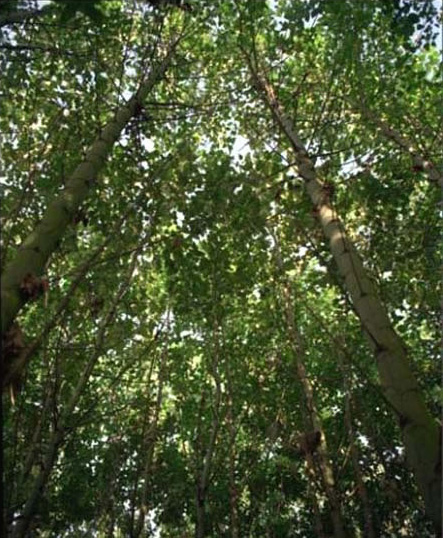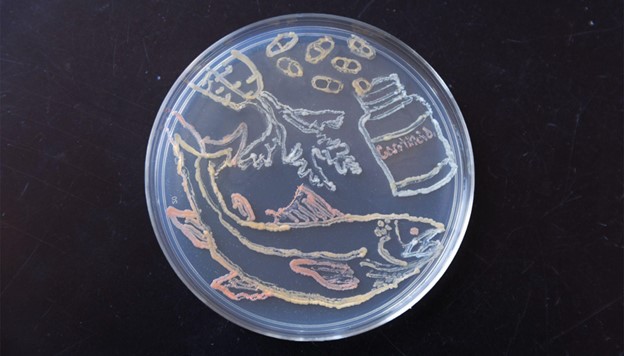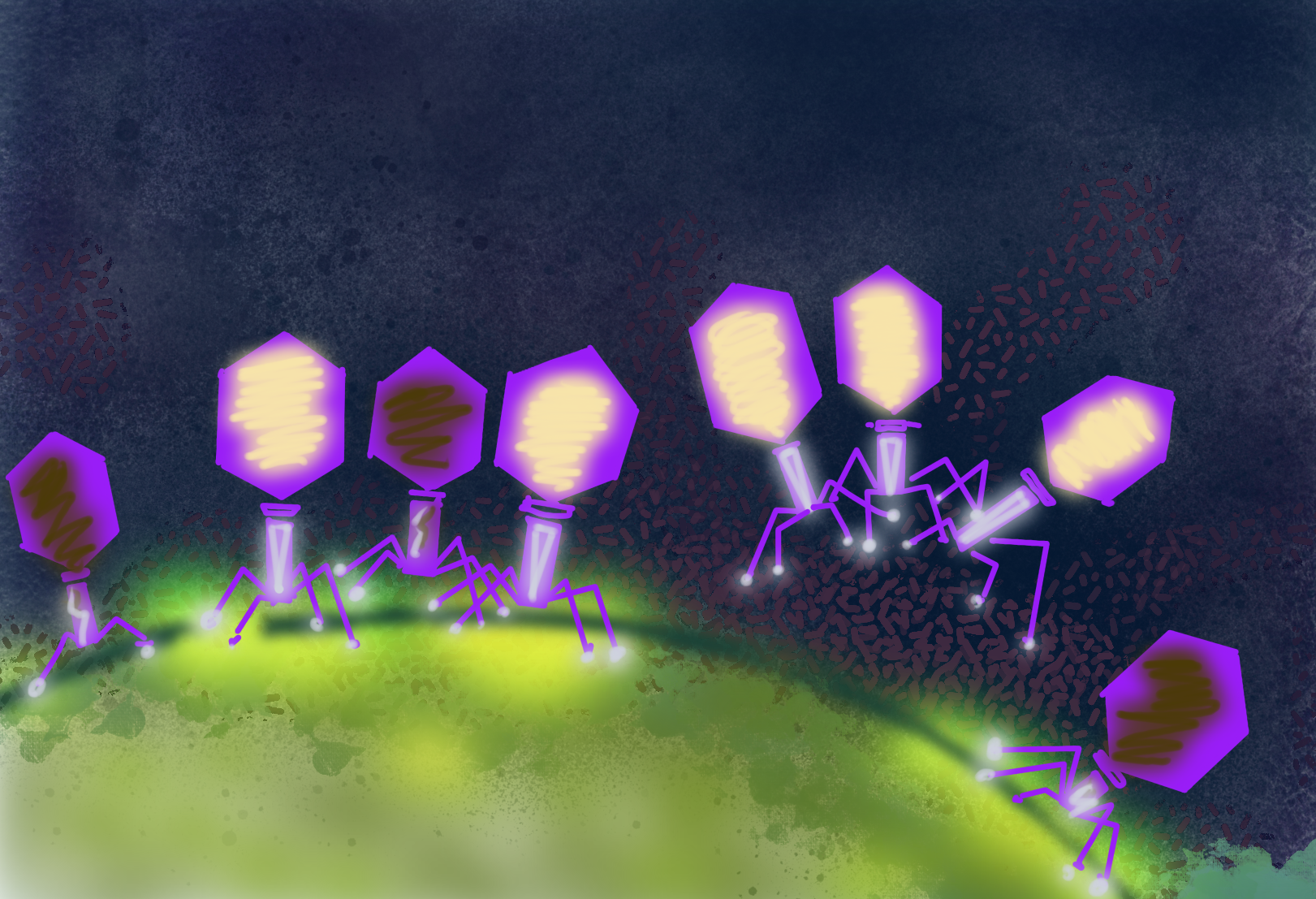How Does a Poplar Tree Make its Wood?
Knowing how Poplar trees make wood enables us to optimize their use for bioenergy production.

The Science
A regulatory protein has been discovered that is involved in the formation of wood in Poplar trees.
The Impact
This discovery helps define how wood formation occurs at the molecular level, furthering our understanding of a process critical to plant growth. The results will help guide research to optimize bioenergy production from biomass.
Summary
Poplar is a promising bioenergy feedstock due to its rapid growth, large biomass and because sugars extracted from the lignocellulosic biomass (wood) of these native trees can be fermented to form renewable biofuels. These sugars are embedded within lignin, a complex, rigid structure that is critical to the overall health of the plant but that also impeded extraction of the sugars. New DOE research is providing insight into how the lignocellulosic material forms in poplar. The process involves the expression of a cascade of genes whose regulation is poorly understood. The researchers at North Carolina State University report their discovery of a single protein (“controller” protein) that regulates this cascade on multiple levels to ensure normal growth, doing so in a way never before seen in plants. The controller protein was found outside the cell nucleus. In the presence of one of four other related proteins, it is carried into the nucleus where the two proteins bind. The newly-formed molecule then suppresses expression of the regulatory gene cascade.
Contact
Dr. Vincent Chiang
North Carolina State University
vincent_chiang@ncsu.edu
Funding
Basic Research: Office of Science, Biological and Environmental Research program
Publications
Li Q, et al. “Splice variant of the SND1 transcription factor is a dominant negative of SND1 members and their regulation in Populus trichocarpa”, Proc Nat Acad Sci 109(36)14699-14704 2012. [DOI: 10.1073/pnas.1212977109].
Highlight Categories
Performer: University



